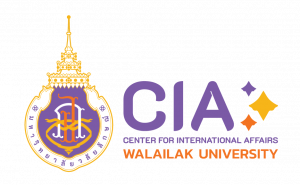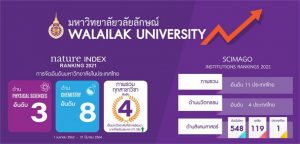Walailak University Partners with National Institute for Fusion Science, Japan, in Development of Biomass-Derived Binder-less Activated Carbon
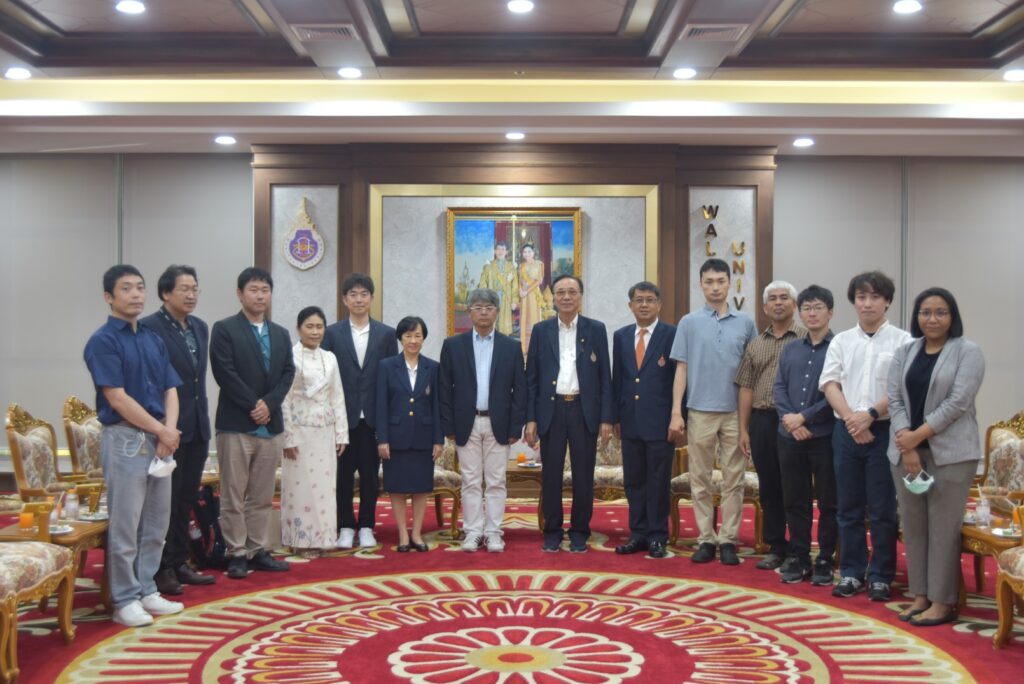
Walailak University Functional Materials & Nanotechnology Center of Excellence and Laboratory (FunTech) and Center for International Affairs (CIA) welcomed researchers from National Institute for Fusion Science (NIFS), Japan, today, at Honor Hall, Walailak university Hospital. The NIFS researchers led by Prof. Mitsutaka Isobe paid a courtesy call to Professor Dr. Sombat Thamrongthanyawong, President of Walailak University.
NIFS is an institution focused on advancing fusion science and offers postgraduate study and internship training in fusion development. Walailak University FunTech is collaborating with NIFS in the development of biomass-derived binder-less activated carbon.
“We are trying to develop this unique binder-less activated carbon,” said Associate Professor Dr. Mudtorlep Nisoa, the head of FunTech. “This activated carbon has the potential for energy storage and can be further developed into electrodes for supercapacitors.”
“The activated carbon contains numerous pores that enable the gradual emission of essential oils. These oils aid in slowing down the browning process of fruits and inhibiting the growth of microorganisms. This technology adds more value to biomass and, by utilizing the biomass instead of burning, helps reduce carbon dioxide emissions. It marks the beginning of a promising development and holds potential applications in agriculture, medicine, and the future of energy,” Dr. Mudtorlep added.
Previously in January 2020, Walailak University School of Science, in collaboration with NISF and several other international institutes, hosted the 6th ASEAN School on Plasma and Nuclear Fusion at Walailak University. The event provided training and preparation for researchers and personnel involved in the development of fusion technology which has the potential to generate continuous energy without the risks of ionizing radiation.
Recognized as one of Thailand’s 16 leading research-intensive universities, 88.76 percent of Walailak University’s research publications (updated on 5 June 2023) are published in Scopus-indexed journals in quartiles 1 and 2, marking the highest percentage in the country. And Times Higher Education Impacts Rankings 2023, which assessed the university against the United Nations Sustainable Development Goals, placed Walailak University at 401-600 among 1,591 participating universities worldwide.
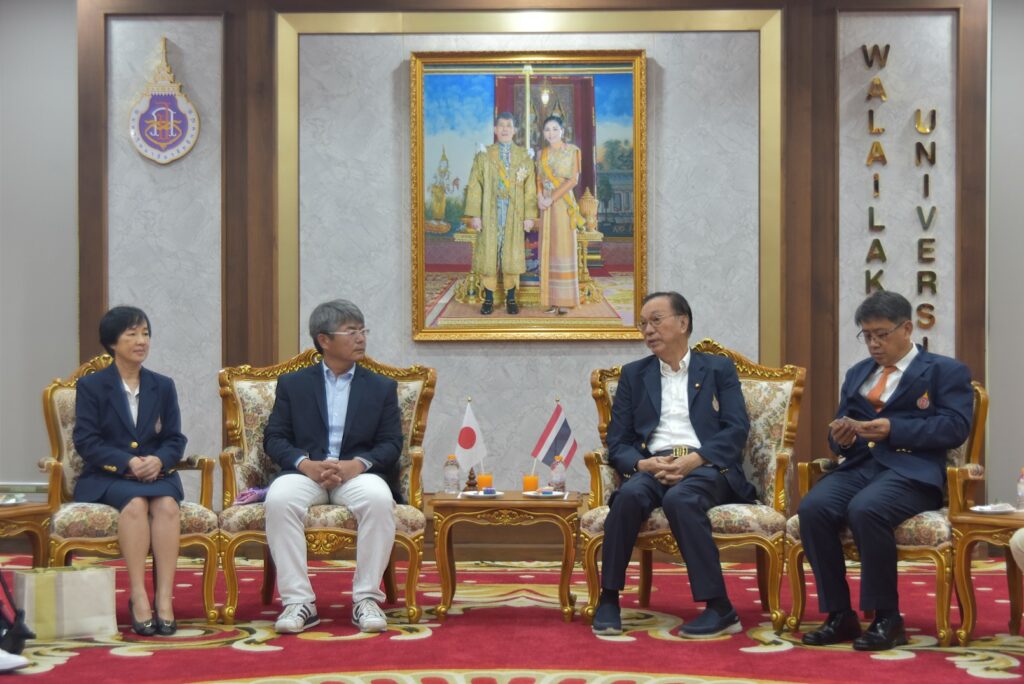
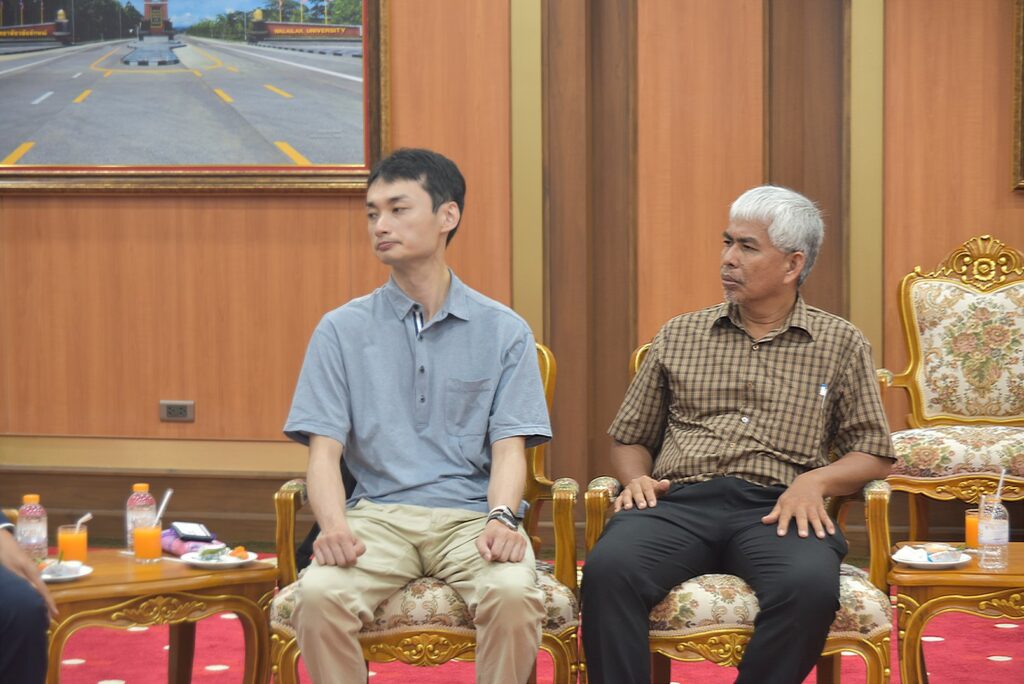
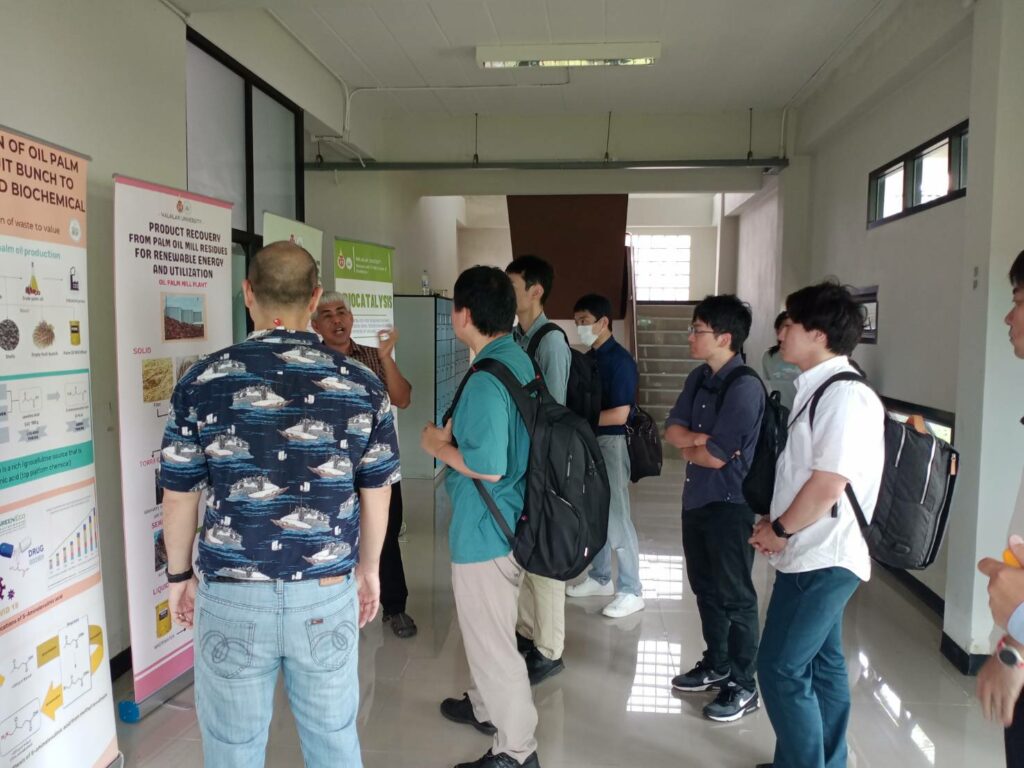
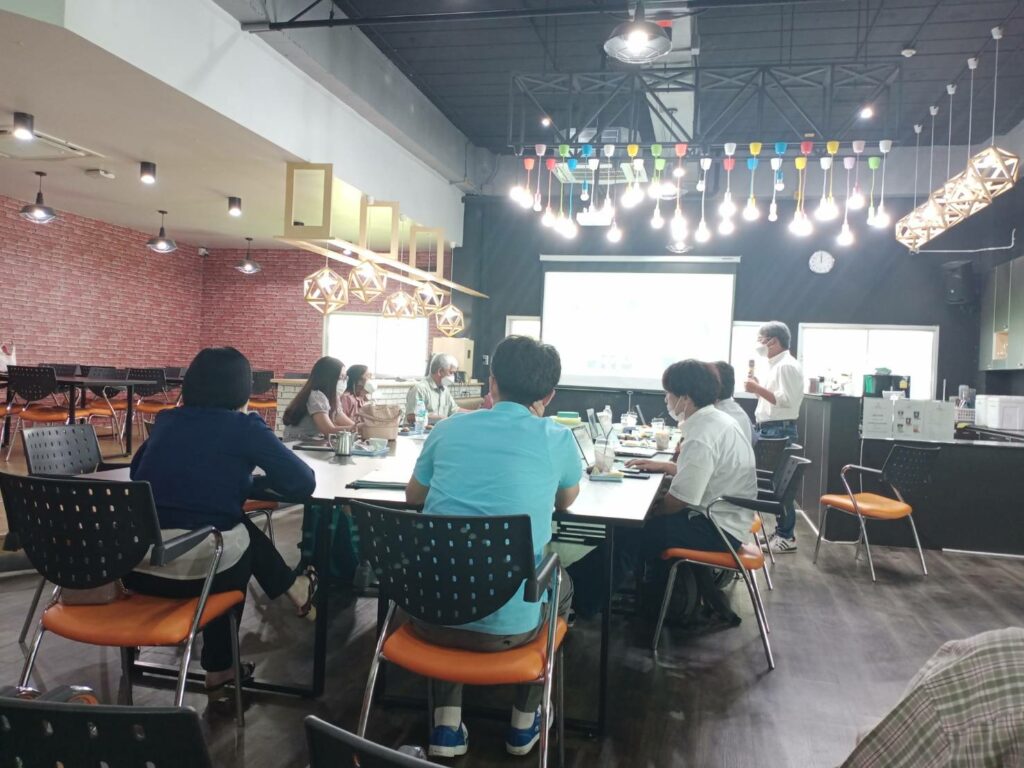
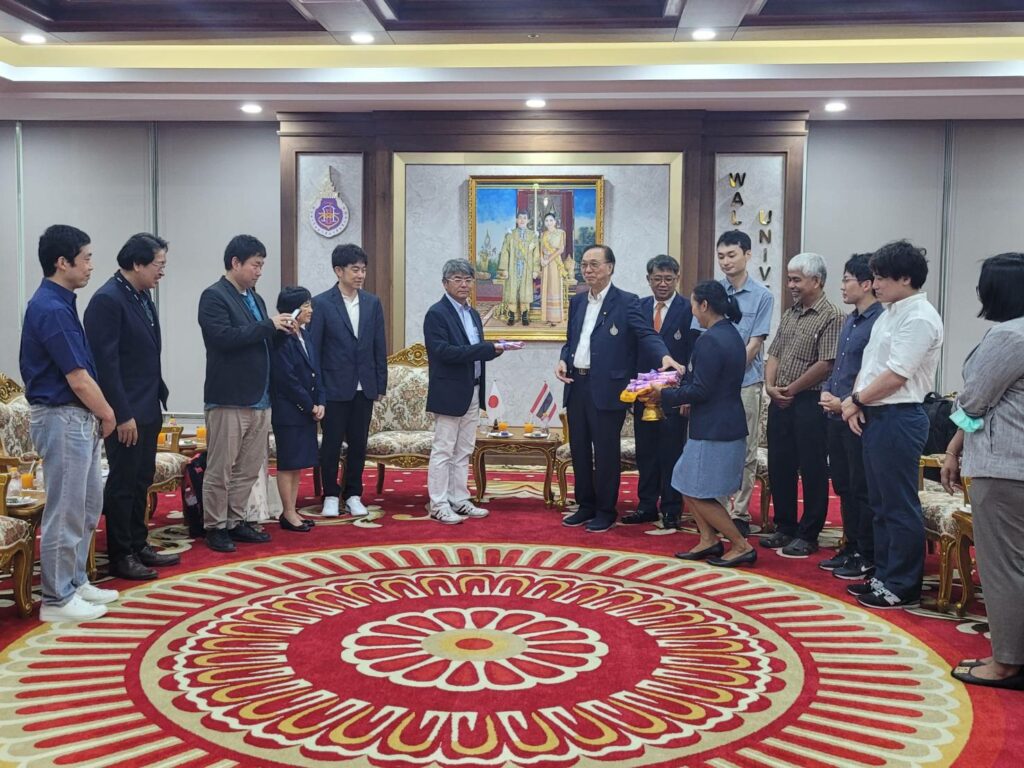
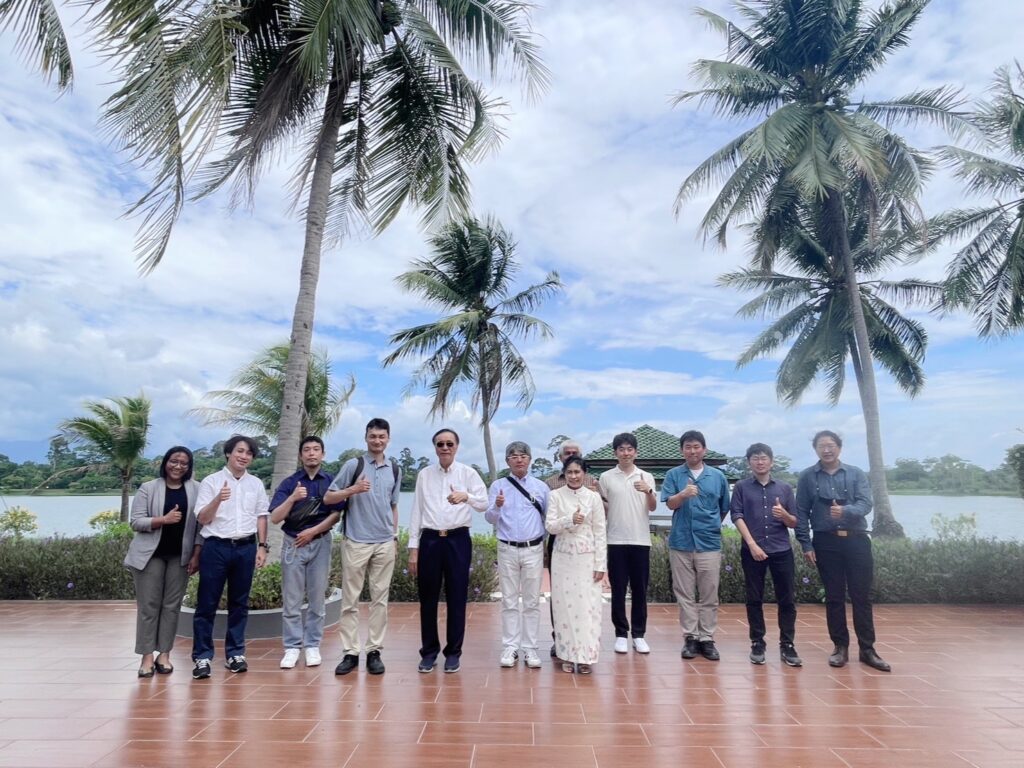
News by Settaboot Onphakdee,
Divion of Corporate Communication
